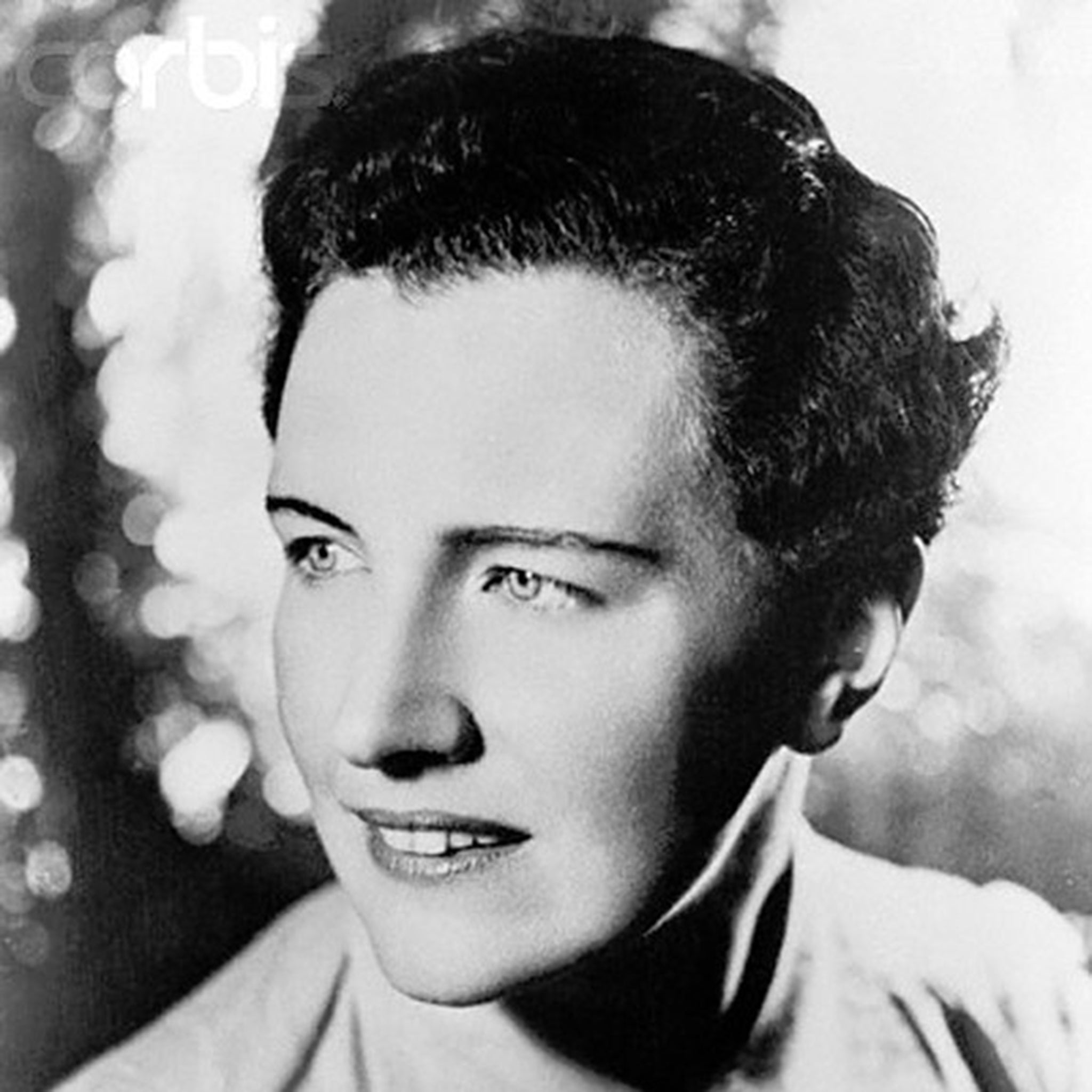Paperback reviews: North Face, Under The Tripoli Sky, The Brain Supremacy, Love in Small Letters, The Seasons
Renault’s work really is a worthwhile discovery

North Face by Mary Renault (Virago modern classics £8.99)
A reprint of Renault’s 1949 novel, North Face is a rich, serious, nourishing novel about relationships, sex, and social mores. It’s set in a guest house in North Devon after the Second World War. Two boarders are already present – Miss Searle, a well-bred, sensitive and lonely Cambridge don, and Miss Fisher, a nurse with an earthy side – when Neil Langton arrives. Langton is a schoolmaster on a solitary climbing holiday: a romantic figure, tall, thin, taciturn. Both spinsters in their different ways feel a flare of interest. But Langton doesn’t return their interest – he is still traumatised, we learn, from a failed marriage and a dreadful bereavement. Then another guest, Ellen, arrives. She too is a climber, and she too is struggling to come to terms with a tragedy in her past ... The working out of the emotional tangles that result, with rock-climbing as a none-too-hidden metaphor for the perils and progressions of life, form the main narrative. But what makes this worth re-reading isn’t the story so much as the subtle, delicate perceptions that occur on every page, as characters respond to each other: the concealed currents of thought and feeling that run constantly through their heads. It demands to be read slowly, with attention. Every character is real, solid, and multi-layered. Allusions to sexual desire are unusually frank for 1949, and one gets a strong sense of how painful these matters must have been to negotiate, with the hostile pressure of social expectations as omnipresent as air. I didn’t know Renault’s work before: a worthwhile discovery.
*****
Under The Tripoli Sky by Kamal Ben Hameda (trs by Adriana Hunter) (Peirene £12)
Hadachinou is a lonely boy growing up in Tripoli in the 1960s. He has no friends, but hangs around with his mother and her friends, listening to their gossip and stories. It’s a behind-the-scenes view of a patriarchal culture: the self-important and often violent men, only interested in “their bellies and their pricks”, are marginal, grotesque figures. He is forced to trot behind his father to the mosque, but finds the prayers absurd, and has no time for a god “so merciful that he let those who didn’t follow him burn in hell”. It’s the women who teach Hadachinou everything he knows: in kitchens and bedrooms he finds out about life, history, marriage, sex, love, and the world of the imagination. There are mouthwatering descriptions of food: “pizza with oregano-flavoured anchovies ... ice cream with a subtle vanilla taste set off with slivers of bitter chocolate”. The language of the women is poetic; they say things like “in my vagina lies the secret of the universe”. It’s a short book, but there are plenty of passages that will linger in the memory.
****
The Brain Supremacy by Kathleen Taylor (Oxford University Press £12.99)
Kathleen Taylor’s thesis is that we are about to enter the era of “the brain supremacy” – that is, when neuroscience surpasses other branches of science, and we become capable of “manipulating human nature mechanically and directly, by changing the brain”. This will bring benefits, such as cures for depression and dementia, but could also make possible science-fiction scenarios such as reading thoughts, recording other people’s dreams, and creating “designer minds”. The possibilities are both exciting and terrifying, and Taylor’s speculations are all solidly based on current neuroscientific research. She argues that society must become more scientifically literate, so we can all take part in the debate.
****
Love in Small Letters by Francesc Miralles (trs by Julie Wark) (Alma Books £7.99)
Samuel is a lecturer in German literature who leads the private life of a hermit, huddled in his apartment. Then, one day, a stray cat wanders in. This new factor in his life leads to change – he gets to know his neighbour as a result, and a sexy vet, and then re-encounters a childhood sweetheart. The idea is that small acts can result in big changes: cue reference to Jung and his idea that “all beings are joined by invisible threads. You pull one, and the whole set moves”. It’s not unenjoyable; but the tinge of mysticism, the too-frequent literary allusions, the vague sense of significance and inter-connectedness, all seem glib and unconvincing. This isn’t life, but a sweetly pretty version of life as we might want it to be.
**
The Seasons by Nick Groom (Atlantic Books £9.99)
A big, bumper celebration of the English year, recording the songs, poems, folklore, customs, and rituals that have built up over the centuries to mark the different stages of the calendar. Groom wants to encourage English people to take more interest, and participate more, in our seasonal cultural heritage – without succumbing to aggressive nationalism. Want to know what you should be doing in October? Eating pasties and damsons; harvesting sloes to make sloe gin; participating in an Apple Day, or Pear Day; going to a fair; lighting bonfires on St Crispin’s Day. You might also re-read Keats’s “Ode to Autumn”, which Groom interestingly interprets, not as a pastoral vision but as a lament for the Peterloo Massacre.
***
Subscribe to Independent Premium to bookmark this article
Want to bookmark your favourite articles and stories to read or reference later? Start your Independent Premium subscription today.

Join our commenting forum
Join thought-provoking conversations, follow other Independent readers and see their replies